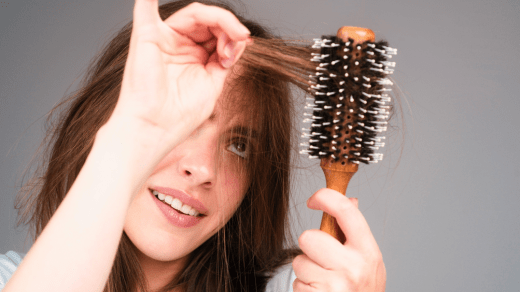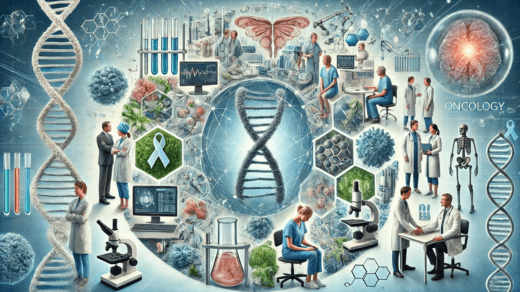Losing hair can be annoying. You wake up and then find strands on your pillow. You’ll even find some in the shower or on your clothes. It’s common to question why this happens. Is it stress? Diet? Or is it something worse? The fact is that the reason for hair loss is not always easy to determine. It can result from many factors, so knowing what’s happening is essential.
Why Is Your Hair Falling Out?
Instead of guessing, finding the real reason can help you find the right solution. This way, you won’t waste your time on ineffective treatments. Also, you’ll know when to act quickly. It will help you decide whether or not you need a hair transplant. After all, you don’t want to wait until it’s too late. Here are some common reasons why people experience hair loss:
Stress Can Hurt Your Hair
Stress affects both your mind and your body, including your hair. When stressed, your body releases certain hormones that can disrupt the usual hair growth cycle. Instead of growing as normal, your hair can enter a resting phase, stopping growth and leading to loss.
Your Diet Could Be the Cause
Your hair requires proper nutrition. With inadequate vitamins and minerals, it may weaken. Protein is particularly key, as hair is primarily protein, and not consuming enough means your hair suffers. Moreover, iron is essential—without enough iron, your body finds it hard to create healthy hair cells. Instead of being strong, your hair can become thin and fragile.
Hormones May Lead to Hair Loss
Hormones govern many body functions, including hair growth. When they become unbalanced, hair loss can occur. This is why many women notice thinning hair after pregnancy or during menopause as their hormone levels fluctuate.
Conditions like thyroid issues can also trigger hair shedding. If your thyroid malfunctions, your hair may not receive essential support. Instead of growing correctly, it weakens and falls. Also, high levels of specific hormones can shrink hair follicles, leading to gradual thinning.
Genetics Matter
At times, hair loss is inherited. If your parents or grandparents dealt with thinning hair, you might too. This kind of hair loss is referred to as pattern baldness. It usually starts slowly, making it less noticeable initially. Moreover, genetics influence how sensitive hair follicles are to certain hormones. Some people’s hair is more influenced than others. They could develop visible bald patches instead of merely losing a few strands.
Damage from Hairstyling and Products
Hair treatments can weaken your hair over time. Also, regular coloring, bleaching, or heat styling can lead to breakage. Also, tight hairstyles like ponytails or braids can exert pressure on the roots, preventing hair from growing freely. If you use harsh products, too, they can strip your hair of moisture. When your hair becomes dry and fragile, it breaks more easily.
Bottom Line
If hair loss becomes a concern, don’t delay in addressing it. Tackle the issue early so you can feel comfortable. So, instead of overlooking it, discover the cause, and you’ll find the proper treatment. Many opt for hair transplants when other methods fail. This procedure relocates healthy hair follicles to bald spots. The outcomes can be significant, but viewing someone’s hair transplant before and after images can help if you feel uncertain about the procedure. It will give you an idea of what to expect. So, rather than feeling powerless, take action and give yourself that healthy hair you’ve always wanted.




